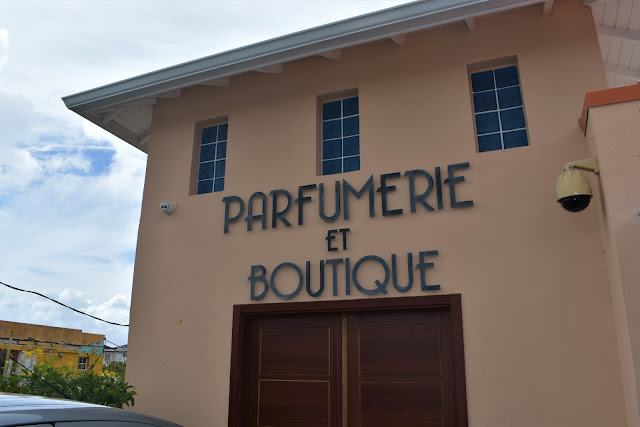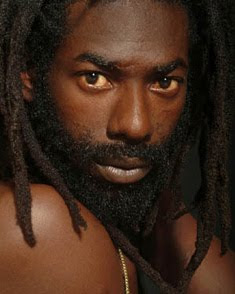Poetry Santo Amaro Style



The name Santo Amaro da Purificacao sounds like the title of a poem or novel and in a lot of ways, this quaint rural town on the Northern coast of Brazil reflects the very essence of poetry. Starting from the sun-baked streets and ice cream-colored buildings, this place screams with charm. The cobblestone roads are narrow and seem to be overflowing with people, animals and products for sale. The marketplace, which features an array of tropical fruits and vegetables as well as homemade hootch, is famous for its Bembe do Mercado Festival, which is the only candomble ceremony that takes place in an open setting. The sunflower yellow courthouse, with its cannons still aimed at intruders, is a national monument that commemorates Brazil's independence from Portugal in 1822.
Perhaps Santo Amaro's ultimate claim to fame rests plainly in the middle of town. That's where you'll find the childhood home of the poet of Salvador, Brazilian musical icon Caetano Veloso. Caetano's 100-year-old mother remains the village matriarch and I was taken by the white-washed house to meet her. Tired out from meeting officials for the independence ceremonies, she was napping but I enjoyed hearing about the family's lasting influence on Santo Amaro from my guides. A lyrical genius and political artist on the level of Bob Marley, Caetano has even been compared to Leonardo da Vinci because of his renaissance-man ability to write poetry, paint, sing and direct movies. Caetano founded the Tropicalismo movement with Gilberto Gil in the 60s, blending rock, jazz and Brazilian folk genres with densely political lyrics. That music forced Caetano and Gilberto into exile by Brazil's military dictatorship until 1972.
Although he's now retirement-aged, Caetano continues to pump out innovative tunes laced with his breezy, sinuous vocals. Considering standouts from his ginormous catalog of albums, one of my favorites is 2000's "A Bossa de Caetano." He re-interprets bossa nova classics and throws in an extra twist with a stunning cover of Michael Jackson's "Billie Jean." This was the soundtrack that flowed through my mind as I explored the poetry of Santo Amaro.






Comments